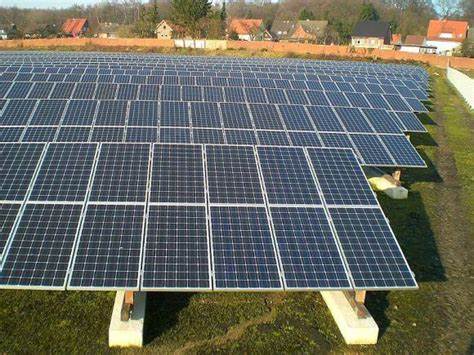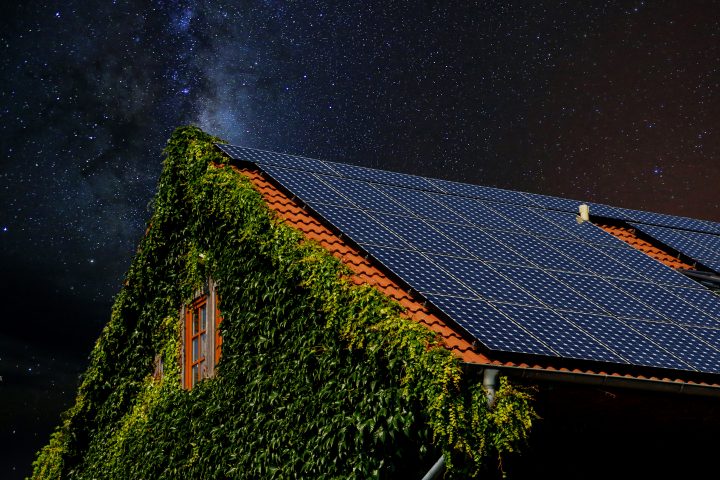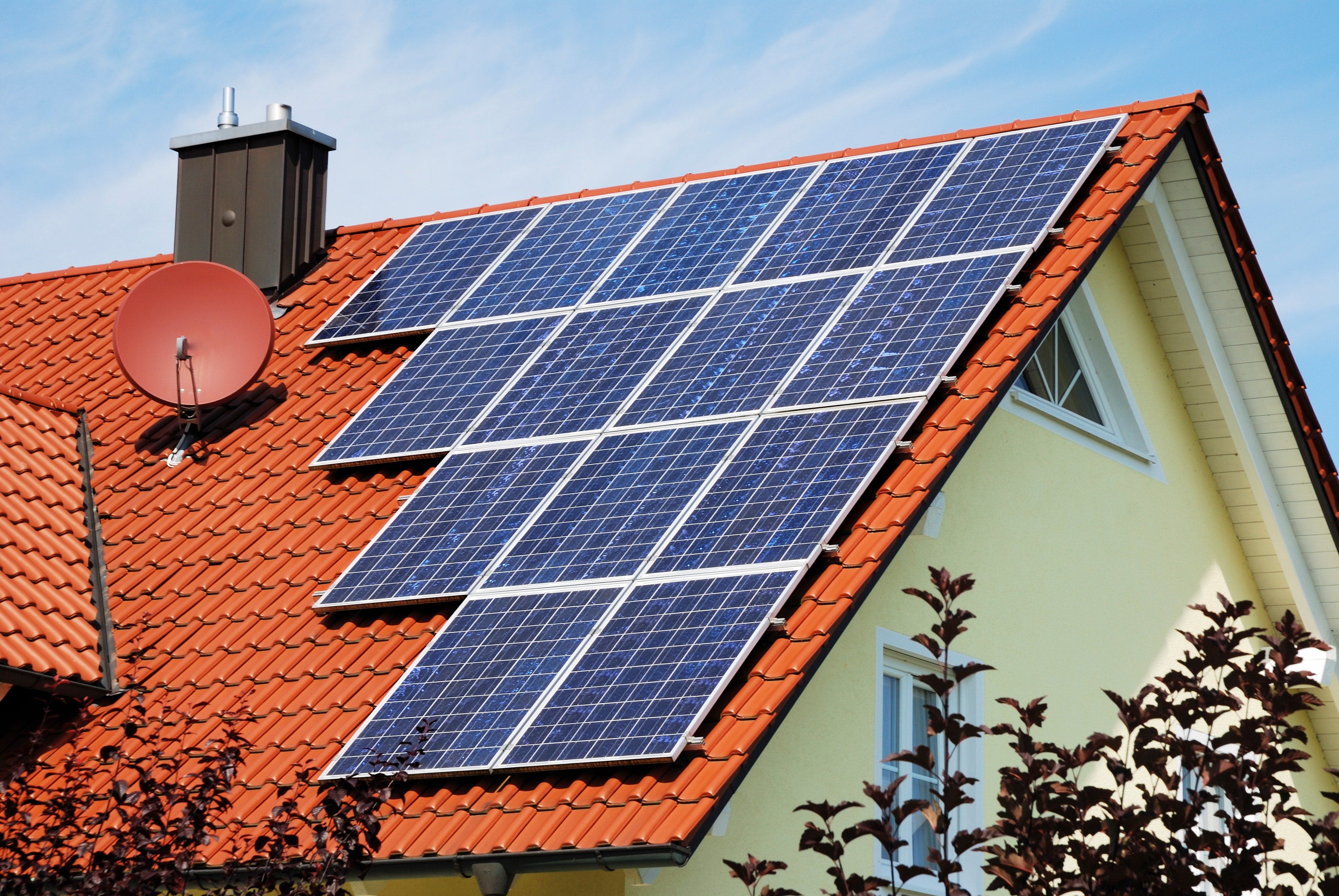Solar panel is a device that converts solar radiation energy into electric energy directly or indirectly through photoelectric effect or photochemical effect by absorbing sunlight. The main material of most solar panels is "Silicon", but its widespread use has certain limitations due to its high manufacturing cost.
At present, crystalline silicon materials (including poly-crystalline silicon and mono-crystalline silicon) are the most important photovoltaic materials, with a market share of more than 90%, and will still be the mainstream materials of solar cells for a long time in the future.
Mono-crystalline silicon
The average photoelectric conversion efficiency of mono-crystalline silicon solar cells is about 18%, up to about 25%, which is the highest among all kinds of solar cells, but the manufacturing cost is so high that it can not be widely used. For SOLARPARTS, Xinpuguang mono-crystalline solar panels adopt high-efficiency mono-crystalline solar cell, the conversion rate is up to 23%. The application of this serial solar panel means that we can utilize the sunlight to generate the energy we need without causing any pollution. However, because mono-crystalline silicon is generally encapsulated with toughened glass and waterproof resin, it is firm and durable, and its service life can reach 25 years.
Polycrysatlline silicon
The manufacturing process of poly-crystalline silicon solar cells is similar to that of mono-crystalline silicon solar cells, but the photoelectric conversion efficiency of poly-crystalline silicon solar cells is much lower, and its photoelectric conversion efficiency is about 16%. In terms of production cost, it is cheaper than mono-crystalline silicon solar cells. The materials are easy to manufacture and can save power consumption. The total production cost is low. Therefore, it has gotten great development. In addition, the service life of poly-crystalline silicon solar cells is also shorter than that of mono-crystalline silicon solar cells. In terms of price, the performance is slightly better than that of mono-crystalline silicon.
Amorphous silicon
Amorphous silicon solar cell is a new type of thin-film solar cell appeared in 1976. It is completely different from the manufacturing method of mono-crystalline silicon and poly-crystalline silicon solar cells. The process is greatly simplified, the consumption of silicon materials is small, and the power consumption is lower. Its main advantage is that it can generate electricity under weak light conditions. However, the main problem of amorphous silicon solar cells is the low photoelectric conversion efficiency, which is about 10% of the international advanced level, and is not stable enough. With the extension of time, its conversion efficiency decreases.
Multi-component compound
Multi-component compound solar cells refer to solar cells that are not made of single element semiconductor materials. There are many kinds of research in various countries, most of which have not been industrialized, mainly including the following: cadmium sulfide solar cell, gallium arsenide solar cell and copper indium selenium solar cell
Cu (in, GA) Se2 is a solar light absorbing material with excellent performance. It is a semiconductor material with gradient energy band gap (energy level difference between conduction band and valence band). It can expand the range of solar energy absorption spectrum and improve the photoelectric conversion efficiency. Based on it, thin-film solar cells with significantly higher photoelectric conversion efficiency than silicon thin-film solar cells can be designed. The achievable photoelectric conversion rate is 18%. Moreover, this kind of thin-film solar cells do not find the performance degradation effect (SWE) caused by light radiation. Its photoelectric conversion efficiency is about 50 ~ 75% higher than that of commercial thin-film solar panels, which belongs to the highest photoelectric conversion efficiency in the world.
To learn more, just pay attention to the official website of SOLARPARTS. As the best off-grid solar manufacturer, our solar panel serial products adopt efficient single crystal cells with a conversion rate of up to 23%! Below is the contact information of SOLARPARTS, looking forward to your consultation!
Phone: +86-13923729619 Fax: +86-755-28720791
WhatsApp: +86-13923729619 Wechat: 13510027129
Email address: Philip@isolarparts.com
Homepage: www.isolarparts.com



